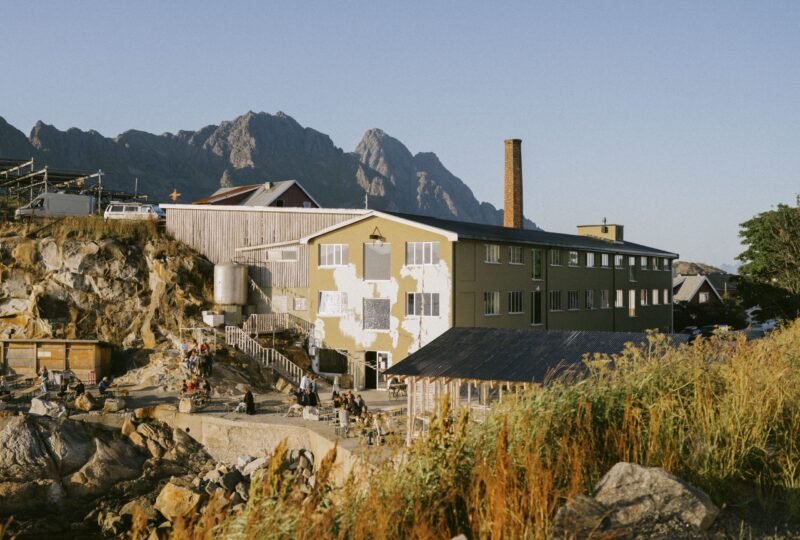Shopping Street In An Empty Cow Shed
An entrepreneur on the Dutch countryside has given new life to vacant agricultural real estate in a way you wouldn’t think of — he turned a former cow shed into an indoor shopping street. The concept turns out to be a success.
Last year around 10% of all agricultural real estate in the Netherlands was not in use. The vacancy is expected to grow to an astonishing 25% by 2030. Many farmers are turning to creative ideas to breathe new life into their buildings. In Boekel, a rural town in the south of the Netherlands, nursery man and entrepreneur Peter Bongers adopted the idea of converting an empty cow shed into a mini-mall for creativity and craftsmanship.


From the outside the monumental shed still looks the same, but as soon as you enter through the big door you stumble upon a narrow, dimly lit cobblestone street with vintage shop windows on both sides. The transformation has been done in a beautiful way, and the space feels like a shopping street from a picturesque Dutch town. De Mouthoeve, as the shed is called, accommodates 10-15 different businesses, ranging from an antiques store to a good old candy shop. Most of the shops sell local and artisan products.


All the spaces have been rented out, which is pretty unique if you take into account the location of the Mouthoeve in the grasslands on the edge of Boekel, as well as the fact that empty storefronts are quite a problem around the town’s main square. “It’s about the experience,” says Evelien Baltussen, who runs a fashion shop at the Mouthoeve. “This isn’t a walk-by destination for your daily needs, but we profit a lot from people who are on a cycling trip and come here to take a break.” The old farmhouse next to the shed now functions as a café, which gives people an extra reason to go here. Nevertheless, the majority of shop keepers can’t make a living running their business here. But the rents are very affordable, and most entrepreneurs just started or see it as a side job. Others consider their store as an extension of their already-existing business or web shop.


A spatial transformation project like this provides an appealing perspective on vacant agricultural real estate. It feels like a countryside-flavored take on metropolitan hotspots like the Mini Mall on Bedford Avenue in Brooklyn hipster central Williamsburg. De Mouthoeve shows that typically ‘urban’ transformation concepts are now also embraced by the countryside.



